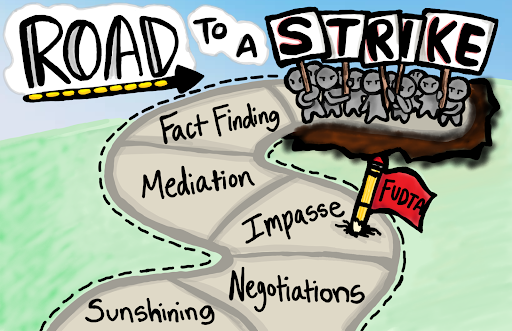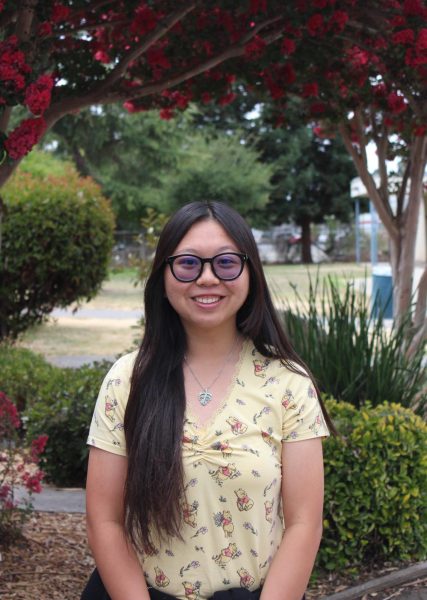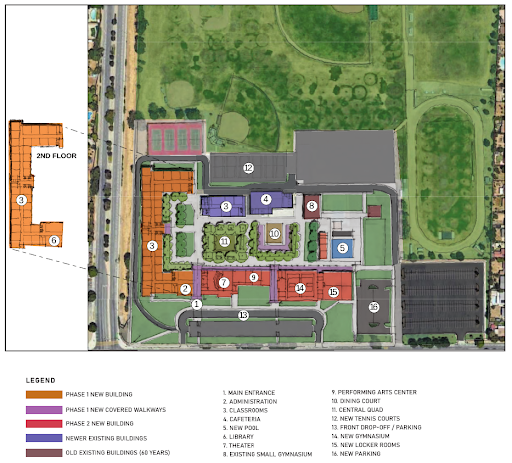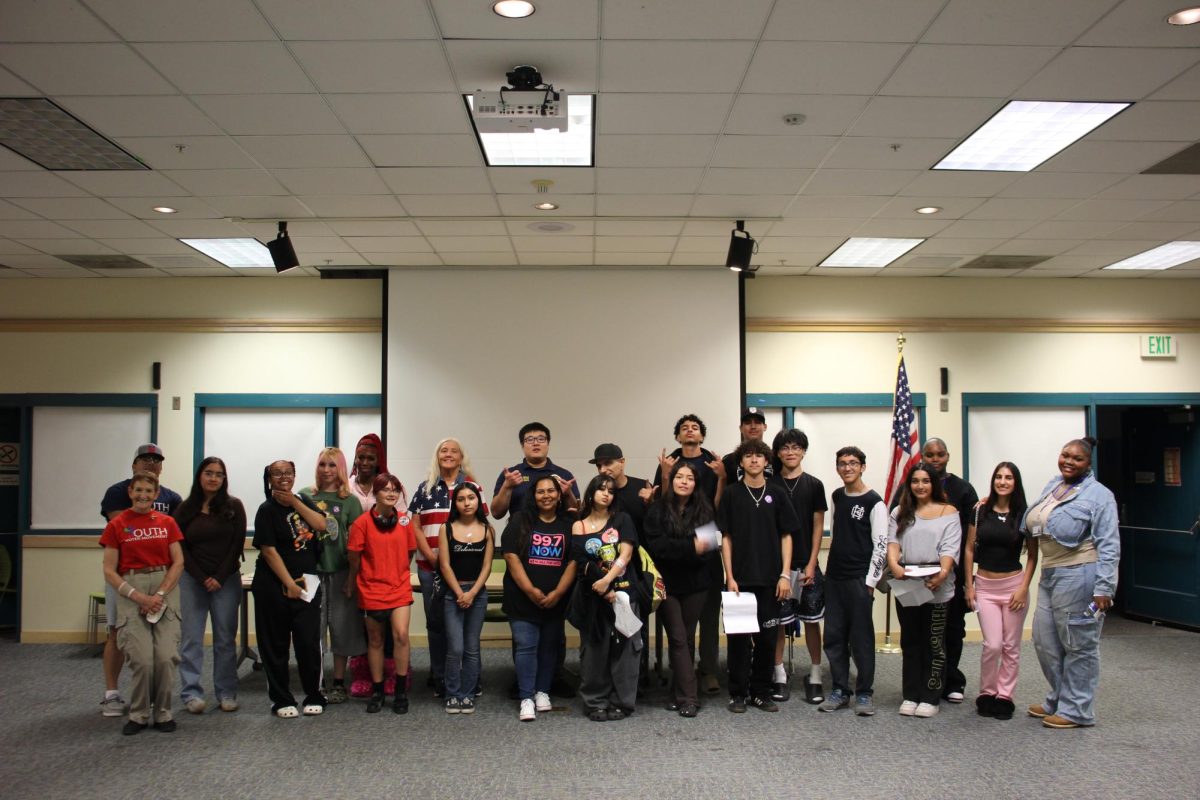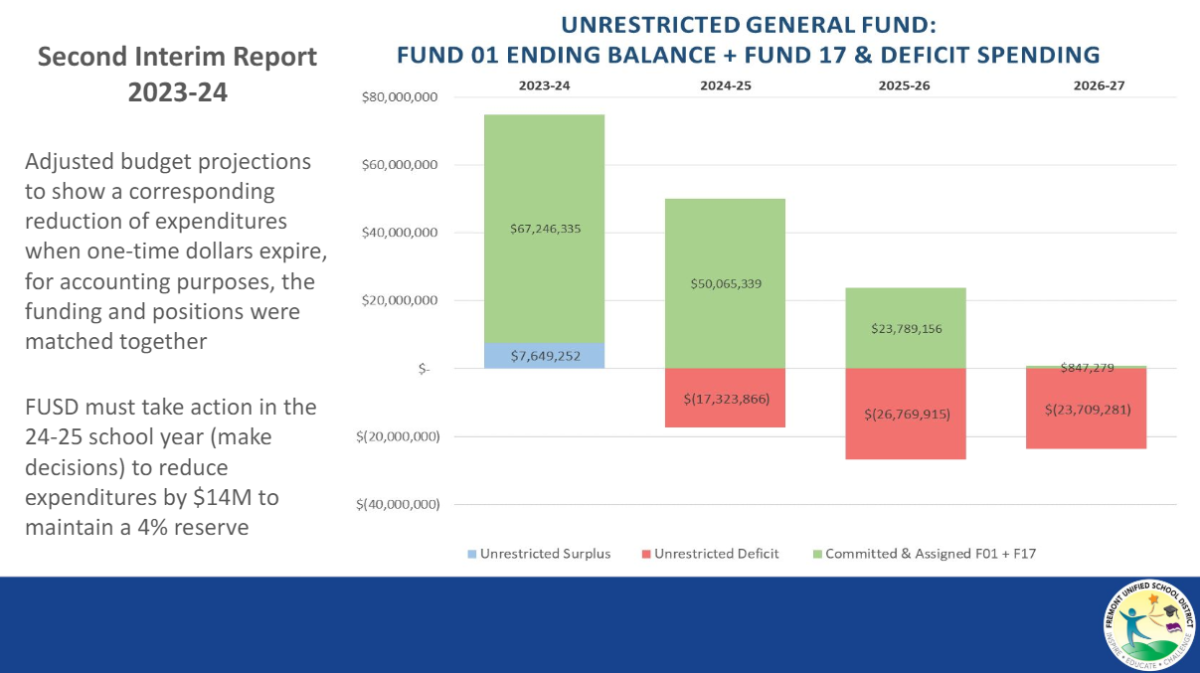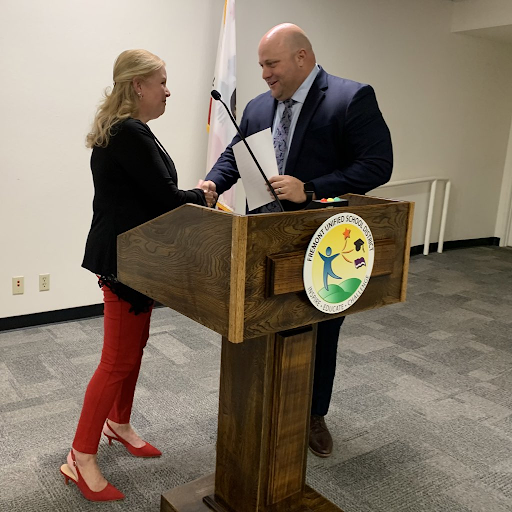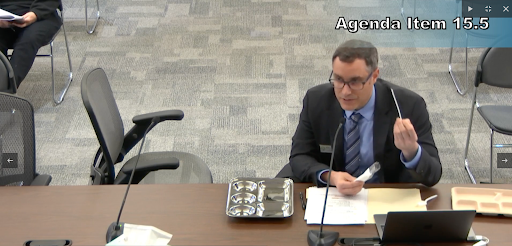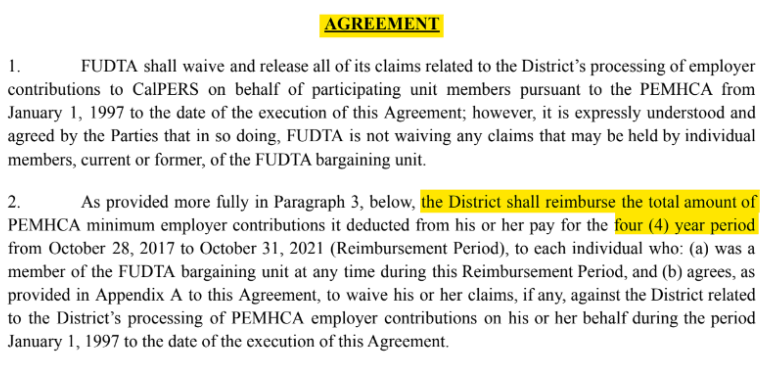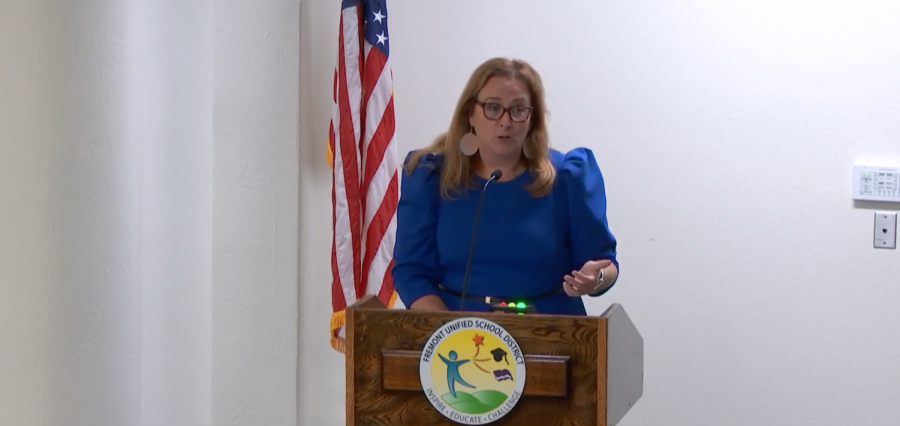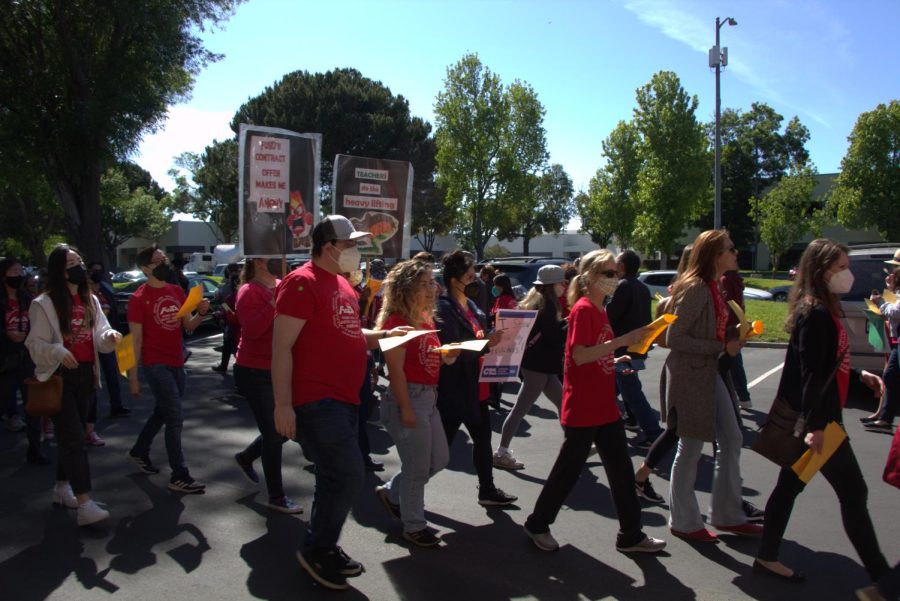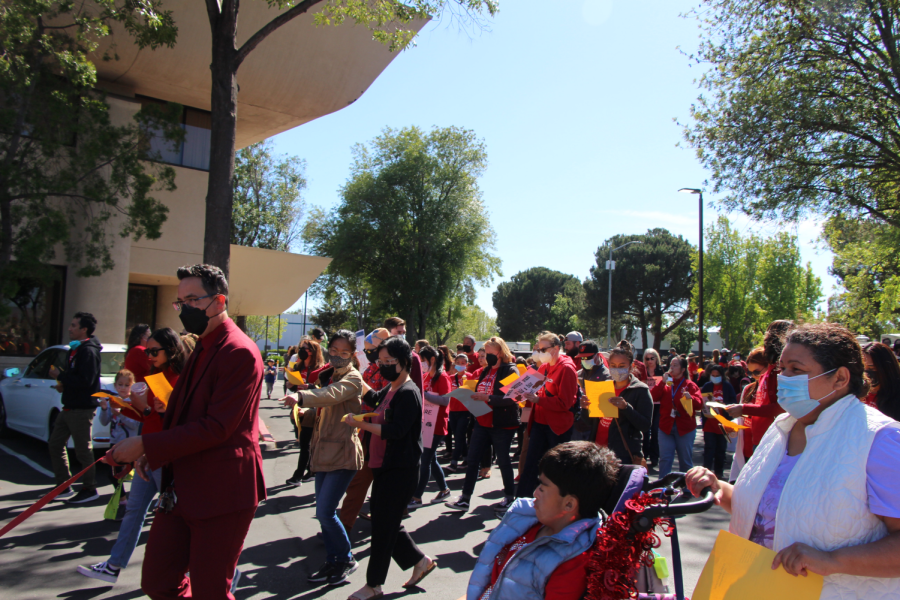Since the beginning of this year, there have been ongoing negotiations between the Fremont Unified Teachers Association (FUDTA) and the Fremont Unified School District (FUSD). On November 18, after the 26th session of negotiations, both parties announced that they had reached an impasse– a point where both sides have agreed that no further progress can be made due to fundamental disagreements on key issues.
So far, FUDTA and FUSD have reached an agreement on four articles, settling issues regarding Transfers, Reassignments, Surplusing, Working Conditions, School Calendars, and Teachers on Special Assignment. In addition, several articles have been tentatively agreed upon, but have yet to be finalized. There is still disagreement on articles on Hours, Evaluations, Class Sizes, Fringe Benefits, Salary, Special Education, and Counselors, which has led to the declaration of an impasse.
Ms. Chung, a FUDTA Data Committee member and a math teacher at Irvington, shared her perspective regarding the issue of healthcare, which is part of the negotiations. “Currently, FUSD does not provide any healthcare benefits to its teachers. Some teachers pay over $2,000/month for family plans or $500-600/month for individual plans,” explained Ms. Chung. “FUDTA is asking for $1,000 a year toward healthcare, but FUSD disagrees.” Ms. Chung also added that FUDTA is seeking an increase in the salary schedule to keep up with soaring costs of living and inflation.
FUSD claims that it would also like to see an improvement in working conditions and compensation for teachers and other staff. However, it claims that such increases would be unfeasible to meet these goals, “given the current financial reality for FUSD and California.” The financial strain is tied to the district’s budget deficit of over $30 million, due to the end of pandemic relief funds and declining student enrollment. James Arcala, the budget director at FUSD, noted that this is a pressing subject. If the district were to take a loan from the state, FUSD would be “losing control to make policy and district decisions for ourselves.”
Recently, FUSD offered a one-off stipend that is 3.5% of the staff’s annual salary in the 2024-2025 school year, which has not satisfied teachers. According to California’s Employment Development Department, inflation rates were 4.2% in 2021, 7.3% in 2022, and 3.9% in 2023.
At this stage, if the impasse is approved by California’s Public Employment Relations Board, there will be a neutral third party assigned to determine whether negotiations are happening in good faith. This process will certify the impasse and the negotiations will move to the “fact-finding” stage, where the union can legally declare a strike.
The escalation of negotiations between FUSD and FUDTA has raised multiple concerns about the implications of a potential strike among teachers. “Working to the rule would be something leading up to [a strike],” FUDTA alternate representative and music teacher Mr. Anaya explained. “If you wanted to come in and get extra help during lunch or after school, I could say, ‘No, that’s not in our contract.’ Same thing with letters of recommendation.” He emphasized how students can be unfairly punished for these negotiations; however, he empathizes with FUSD and FUDTA. The problem worsens significantly if a strike actually occurs.
As a teacher who has been involved in a strike in another district, Mr. Anaya explained, “If it’s an actual strike where teachers aren’t showing up and they are outside picketing, then it would be actual chaos. It wouldn’t be school as we see it.” He highlighted how at a previous school he worked at, a strike became a divisive issue among staff, as many didn’t agree with and honor it, further displaying how a strike would be “a final plea that can’t be ignored.” The Voice reached out to members of the district for comment but did not receive a response.
As negotiations between FUDTA and FUSD remain at a standstill, the path forward remains uncertain. The next steps become critical in determining whether a district-wide strike will occur.


